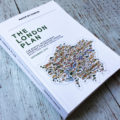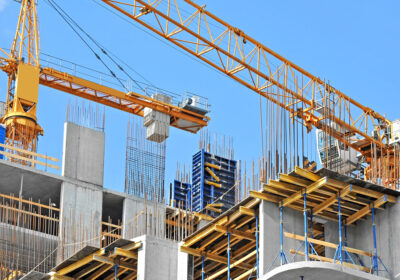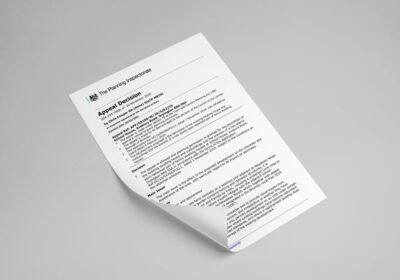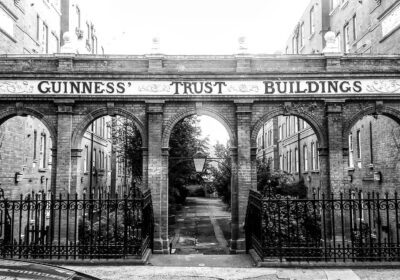This week’s incremental lock down of the UK economy is posing numerous challenges for the property development sector. Here are my three insights over the last week as we move through the crisis.
- Construction sector needs greater guidance
The Government has offered strong leadership in many areas but the construction sector unfortunately is not one of them. Guidance has allowed the sector to continue operating despite the lockdown in most other walks of life.
For developers and contractors working through design and build contracts with third party finance this is problematic. Whilst the majority of the large house builders have determined to close their sites, smaller operators in many cases have no choice but to continue.
The sector itself freely admits that it is impossible to maintain social distancing whilst carrying out works and the Construction Minister, Nadhim Zahawi has come in for some stern criticism with many accusing him of being out of touch and out of sight. Meanwhile, ugly scenes are being reported on building sites with members of the public turning against workers. It feels that the sector has been left to carry the can.
Where possible, developers and contractors should try and seek mutually agreeable delays. However, this will not be easy with significant cost risk and contractual penalties. A large dollop of trust and goodwill is needed from all sides – particularly by funders. Over the coming weeks there could be significant disputes if the Government does not intervene with clearer guidance. Lets hope they see sense.
- Virtual planning decisions are welcome but will take time to happen
The pandemic has forced Britain into the virtual world and also shown how unprepared we are . The Coronavirus Act allows for regulations to be made to change the time, frequency and location of Council meetings and allow for local governance to become virtual.
Across London, there has already been differing responses but anecdotally, quite a number of Authorities are struggling, many with woefully lacking IT infrastructure to support even basic homeworking. This week alone, six Committees across London were postponed.
In the medium term, the move to virtual decision making is to be welcomed. In the short term though there is no guarantee this will happen quickly. Councils will need to amend their standing orders and of course invest in digital infrastructure before this can become the new norm. We are already seeing some Councils grapple this more effectively than others and I expect a very mixed picture over the coming weeks. The hope is that the first movers will provide best practice to encourage and support the rest. The more the industry can do to help and support, the better.
- This is a u-shaped curve and so cash is king
Social distancing will not be a temporary measure but likely to be endured for some months to come. At the beginning of the crisis many commentators talked of a v-shaped curve with the economy rebounding sharply in a matter of weeks. It is now apparent that the curve is much more u-shaped and potentially quite a fat u at that.
Research from Imperial College this week suggested that like a tap, social distancing rules could be turned on and off every time patient admissions to intensive care units hit a certain point
In such a scenario, business disruption could become the new normal. This means cash will become king. The sector will need to tighten up and be careful as to what commitments it can and should be making until the operating environment has settled.
On a positive note, this is not a banking crisis. The banks are in a much better place than in 2008. To come through this successfully, give and take is needed on all sides and the evidence is that the banks are working closely with the sector to protect it from the current headwinds.










